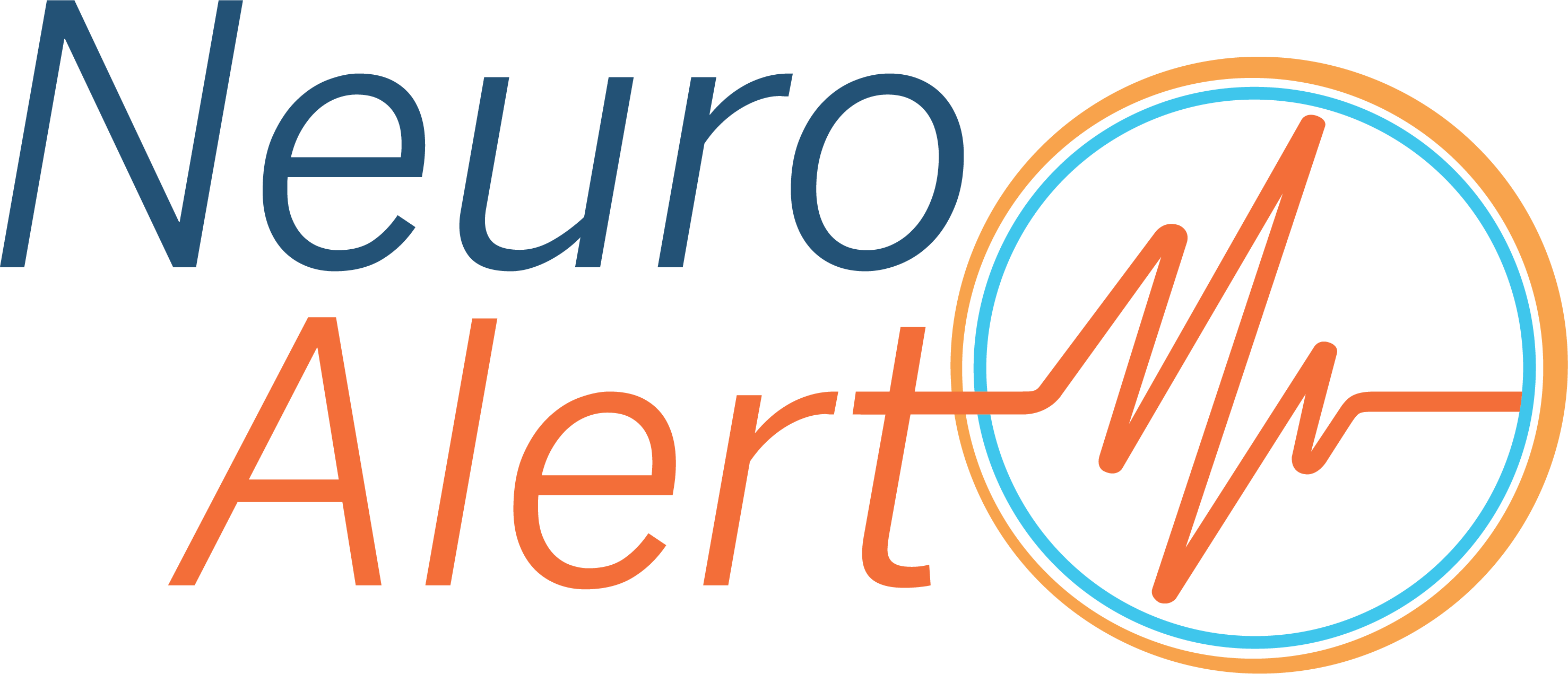Speaker: Dr. Marshal Peris, Orthopedic Spine Surgeon (2:03)
Transcripts to follow:
Dr. Marshal Peris, Orthopedic Spine Surgeon:
I’m an orthopedic spine surgeon here in Northern Westchester hospital. My practice includes operating on people with herniated discs, a condition called spinal stenosis, trauma such as fractures, infections, and sometimes tumors. I take care of them in the office and here in the operating room in Northern Westchester hospital.
In certain procedures it’s very important that we monitor the nerve function both from the sensory standpoint, the motor standpoint, and to see if the nerve’s being irritated by the procedure we’re doing. If there’s a change during the procedure, we can change what we’re doing. We’ll know right away; we don’t have to wait for the patient to wake up to let us know that something’s wrong. Most importantly, it gives us confidence that when we’re finished with the surgery, as long as there’s been no change or even improvement in the neuromonitoring signals, we know we’ve done the job that we came to do. There have certainly been instances where there have been decreases in signals in one arm or one leg during the procedure and that allows us the opportunity, at that time, to explore that nerve to make sure nothing is impinging on it.
When I first started here, more than ten years ago, there were multiple options of companies that we would use, and I just found that Neuro Alert is very responsive, efficient, and they’re local. I know I can get someone on the phone and someone here for a surgery even in an emergency within a very short period of time, so it made it an easy decision Neuro Alert is very efficient and responsive, they allow me the confidence that when I’m finished with my procedure that there are no neurological issues that I need to be concerned about and the patient then can be more confident that their outcomes will be fantastic.
